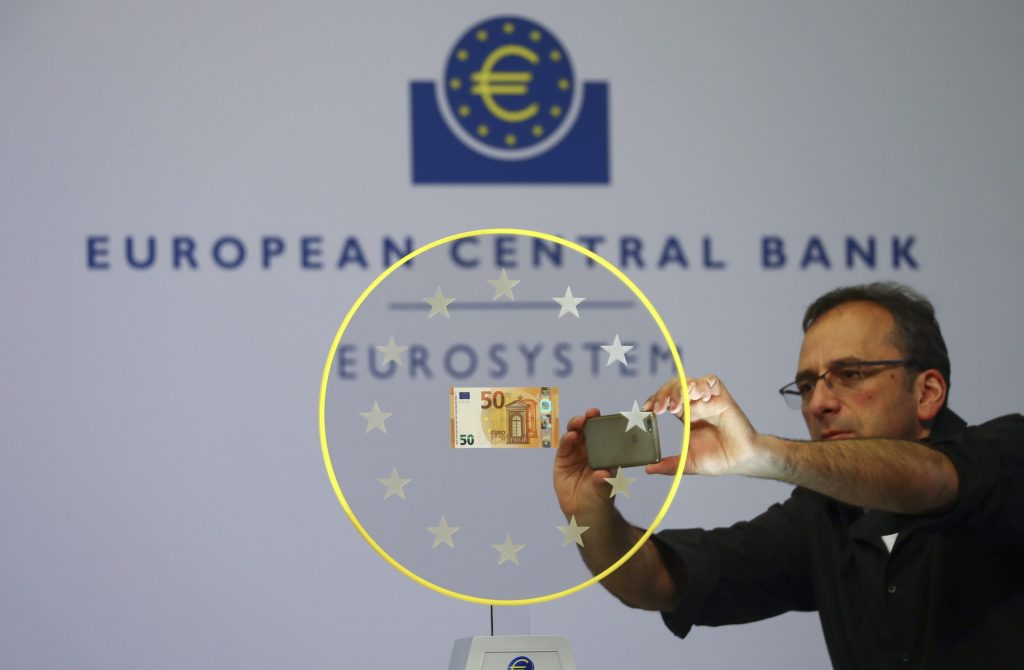Digital Currency Developments in Europe and the US
The European Central Bank is advancing its plans to introduce a digital euro. In contrast, the US House of Representatives recently approved the Anti-CBDC Surveillance State Act, which would prevent the Federal Reserve from establishing a digital dollar without explicit Congressional approval.
Transatlantic Divergence in Monetary Innovation
This situation exemplifies a transatlantic divide, highlighting differing perspectives on innovation and regulation between the US and Europe. In the US, there is concern that a central bank digital currency (CBDC) might facilitate government overreach through technology. The US favors fostering financial innovation within the private sector and endorses private cryptocurrencies. Conversely, Europe is wary of the potential chaos from unregulated private currencies and emphasizes the need for public institutions to play a role in this space.
Understanding CBDCs vs. Cryptocurrencies
It’s crucial to differentiate central bank digital currencies from cryptocurrencies, as the US is moving swiftly to incorporate the latter into its financial framework. A digital euro or dollar is a centralized digital token with assigned ownership, whereas crypto stablecoins are privately issued and designed to maintain a stable value against a currency like the dollar—lacking government backing and full transparency regarding ownership.
Efficiency in Financial Transactions
Both CBDCs and stablecoins offer potential benefits by making financial transactions quicker, more efficient, and cheaper compared to traditional payment methods. These digital currencies facilitate near-instantaneous settlements, including for cross-border transactions, thereby reducing delays in fund transfers. They also significantly decrease transaction costs—credit card networks typically charge between 2.5% and 3.5%, while stablecoin fees range from only 0.1% to 0.15%.
The Prospects of a Digital Dollar
A digital dollar, aimed at everyday users, could provide similar benefits as stablecoins but with the assurance of being directly issued by the Federal Reserve. However, due to the Anti-CBDC Act, such a digital dollar seems improbable, as it restricts not just the issuance but also research on the matter.
Concerns Over Surveillance
Critics in Congress express apprehension regarding surveillance possibilities linked to digital dollars, fearing that it might enable the government to track individuals’ financial transactions. They cite instances like the 2022 protests in Canada, where the government froze protestors’ bank accounts as a cautionary example.
European Confidence and Future of Digital Euro
Across Europe, there is significantly less anxiety about digital currencies leading to unwanted monitoring. The EU has shown strong commitments to privacy through regulations like the General Data Protection Regulation. With ongoing trust in the EU and the euro at a record high, officials argue that the digital euro will enhance privacy by decoupling user identities from transaction data.



